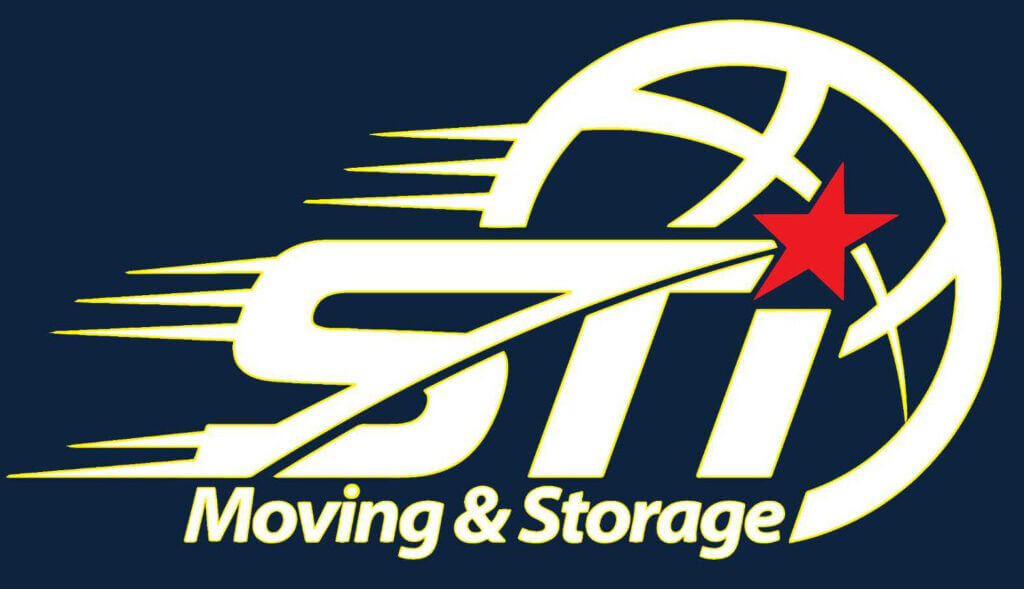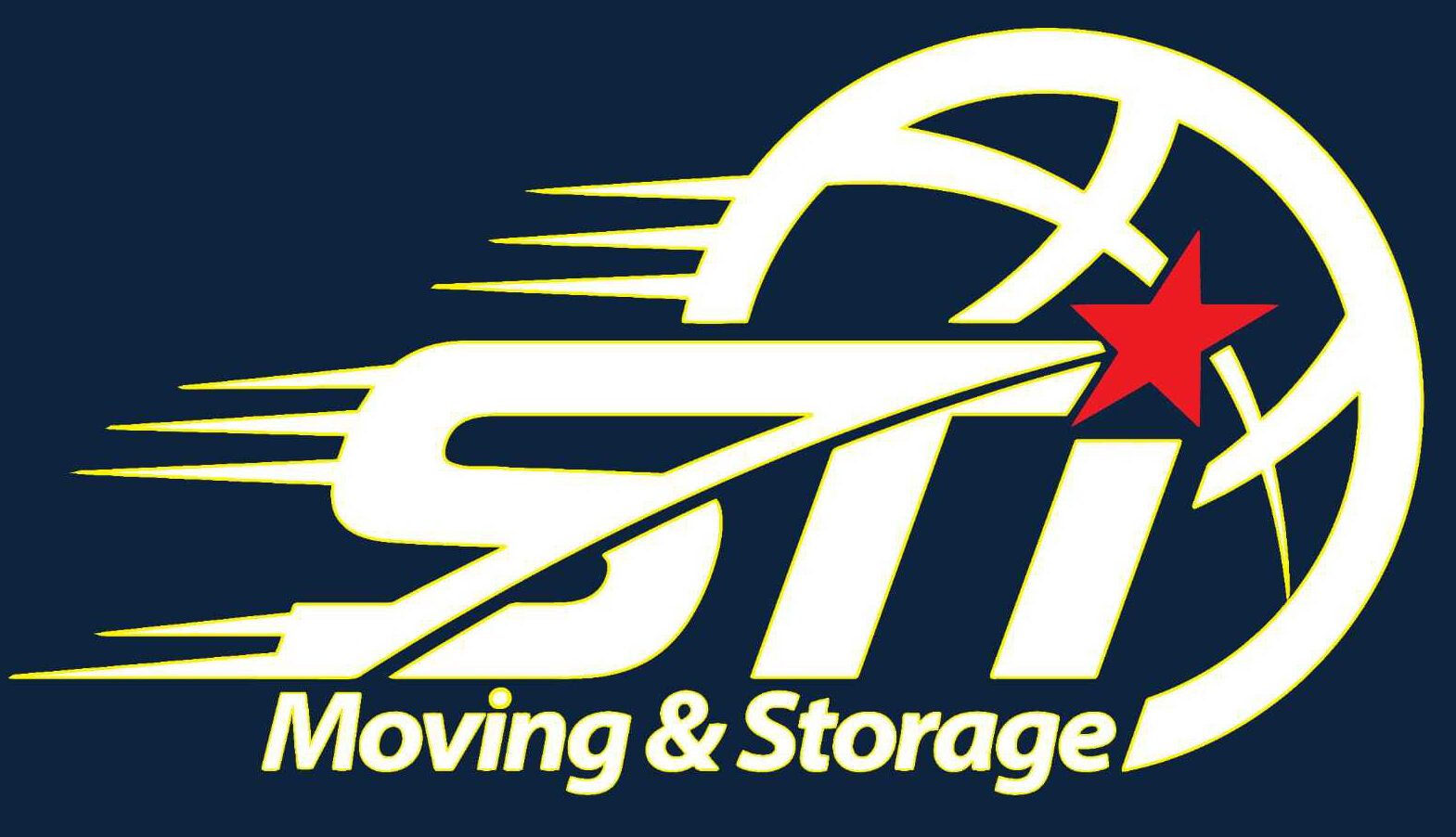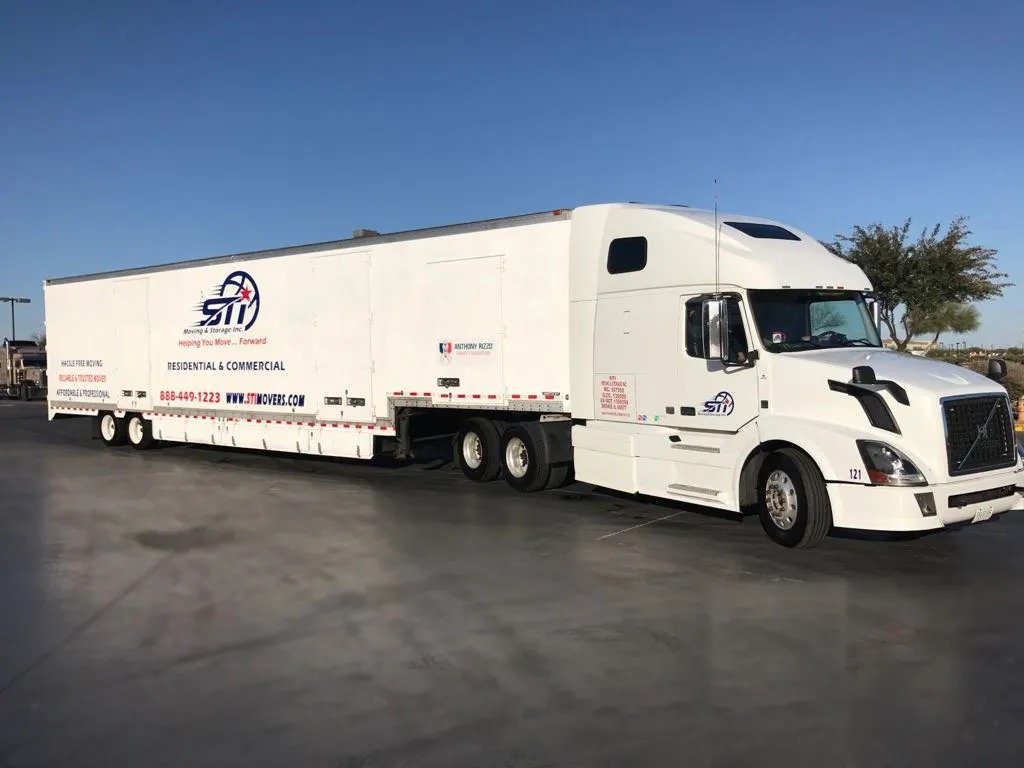The summer is still ongoing and the relocating season is going strong. Moving in peak season is a must for many, and it can be a challenge to make it go smoothly and completely stress-free. However, a few strategic points can make a world of a difference in your organization, no matter if you are relocating far away or moving inside the Chicago area.Staying organized during a relocation is challenging for sure, but doable nonetheless. Here are some essential tips for a solid moving plan.
Start Early
Especially after the kind of the year 2020 was, we all feel like procrastinating, don’t we? It’s never been easier to put off things for later, including preparations for your relocation. What you need to do is to make yourself start as early as possible. Force yourself to do it, even if it feels painful to not procrastinate. You will thank yourself later.
Starting early allows you to tackle tasks at a manageable pace, reducing stress as moving day approaches. Begin by creating a detailed timeline of tasks, from packing and hiring movers to notifying utilities and changing your address. This proactive approach ensures nothing is overlooked and gives you flexibility to handle unexpected issues, such as delays or additional packing needs.
Declutter is a Must
Getting rid of excess stuff in your life – whether it’s unnecessary things or thoughts – is always a good idea, especially when you’re about to relocate. Pre-move decluttering will help you relocate lighter, which can also affect your budget, and your wallet will appreciate that. Decluttering before a move has multiple benefits:
- Reduced Moving Costs: Movers often charge based on the weight or volume of items, so fewer belongings mean lower expenses.
- Easier Packing: With fewer items to pack, you save time and effort.
- A Fresh Start: Moving into your new home with only the essentials creates a more organized and peaceful environment.
Sort your belongings into categories: keep, donate, sell, or discard. Host a garage sale or list items online to earn extra cash, and donate gently used items to local charities for a positive impact.
Before Packing – Sort
Grabbing stuff and randomly putting them in boxes does sound tempting since you don’t want to hassle too much. However, when you put a little bit of effort into sorting your belongings before you pack them, you will unpack them much easier and faster. And that will be crucial for you after you go through the stress of the moving day and start settling in. Organize your belongings by room or category before packing. For example:
- Kitchen: Group appliances, utensils, and pantry items.
- Clothing: Sort by season or family member.
- Books and Media: Separate into keep, donate, or sell piles.
Sorting ahead of time helps you know exactly what’s packed where, making the unpacking process seamless and efficient.
Make Lists and Label Items
Making lists will make a ton of difference during your relocation. Better yet, we can suggest a couple of lists that will help you stay on top of every detail:
- Overall To-Do List: Track daily tasks and essential activities leading up to moving day, such as scheduling movers, canceling subscriptions, and notifying utilities.
- Inventory List: For items in storage or fragile belongings, an inventory list helps you monitor the state and quantity of your possessions.
- Expense List: Track your moving budget, including packing materials, moving company fees, and any unforeseen costs. This helps you stay financially organized and avoid overspending.
For added organization, label each box clearly with its contents and the room it belongs in. Color-coded labels or numbered boxes can make identifying items even easier.
Pack in Order
Getting strategic with packing will pay off big time. To avoid the situation of having to unpack some boxes because you can’t find something you need, do it smartly. The things you need the most, pack last.Relocating can be easy and even fun if planned properly. Use your chance to enjoy your transition. Here’s a suggested order for packing:
- Non-Essential Items: Seasonal clothing, decorations, and rarely used appliances can be packed first.
- Less Frequently Used Items: Books, extra bedding, and office supplies can follow.
- Daily Essentials: Toiletries, a few changes of clothes, important documents, and basic kitchenware should be packed last and kept accessible.
Use an essentials box for items you’ll need immediately after arriving at your new home. This might include phone chargers, medications, snacks, and important paperwork.
Additional Tips for a Smooth Relocation
- Hire Professional Movers Early: Summer is peak moving season, so book movers as soon as you know your moving date to secure availability and potentially lower rates.
- Prepare for the Weather: Summer moves can be hot and tiring. Stay hydrated, dress in lightweight clothing, and schedule loading and unloading during cooler parts of the day.
- Notify Key Contacts: Inform banks, doctors, schools, and utility companies of your move well in advance to avoid service interruptions or missed mail.
- Take Breaks: Relocating is physically and mentally demanding. Schedule short breaks to recharge and maintain your energy.
Conclusion
Relocating can be easy and even fun if planned properly. By starting early, decluttering, sorting, making lists, and packing in an organized way, you set yourself up for a smooth and stress-free move. Taking proactive steps, like booking movers early and staying mindful of your budget, ensures everything is under control. Use this opportunity to embrace the transition and enjoy the process of settling into your new space. Good luck with your move and the exciting new chapter ahead!



